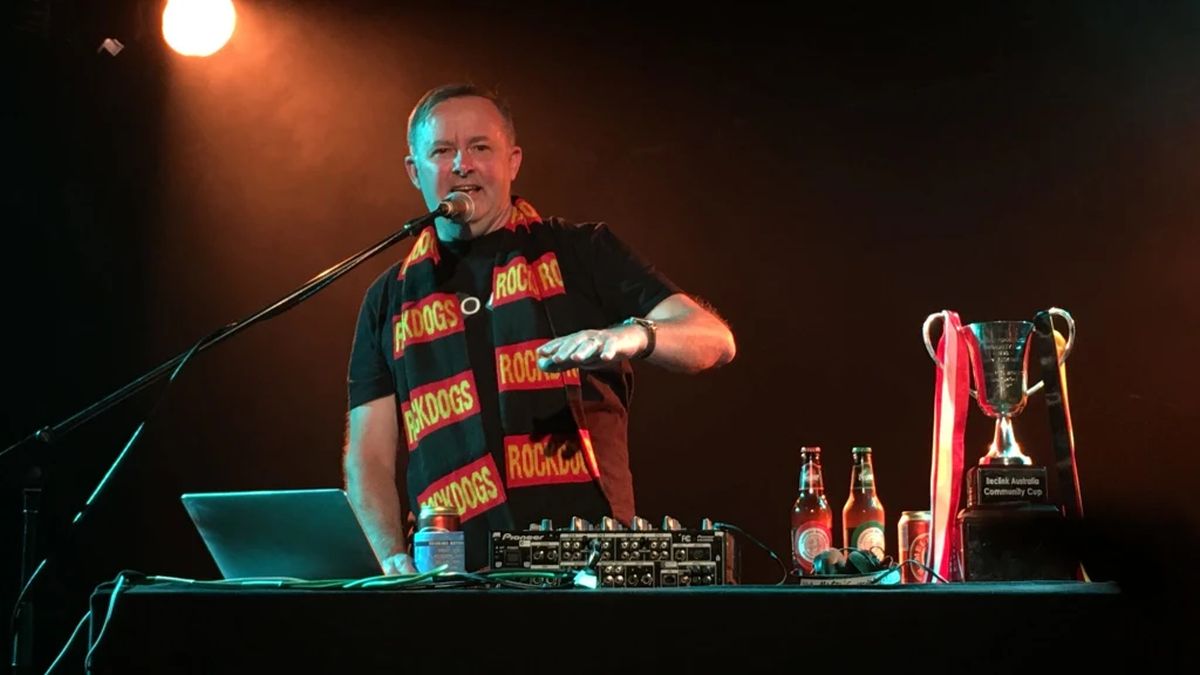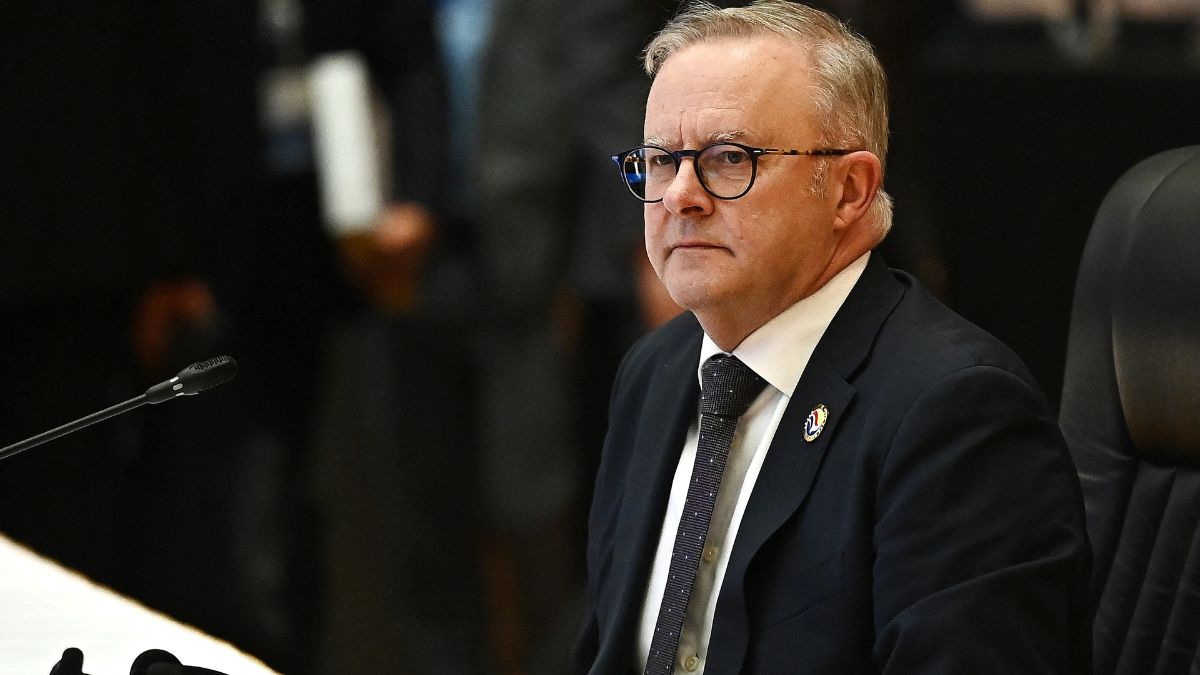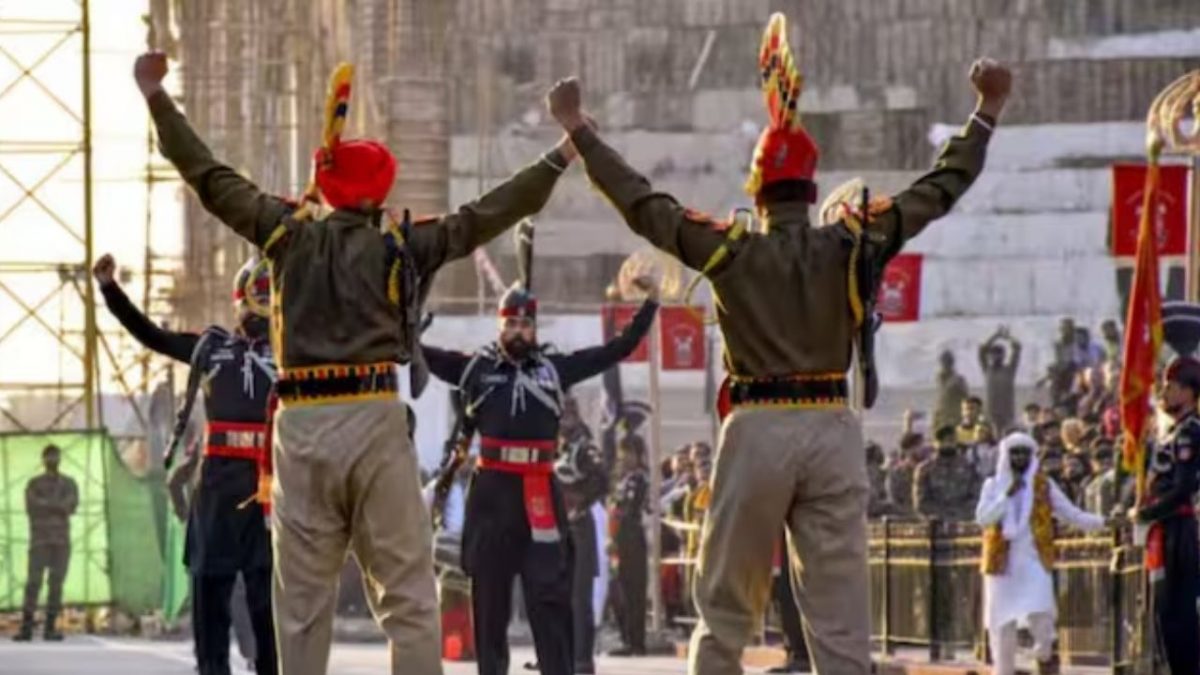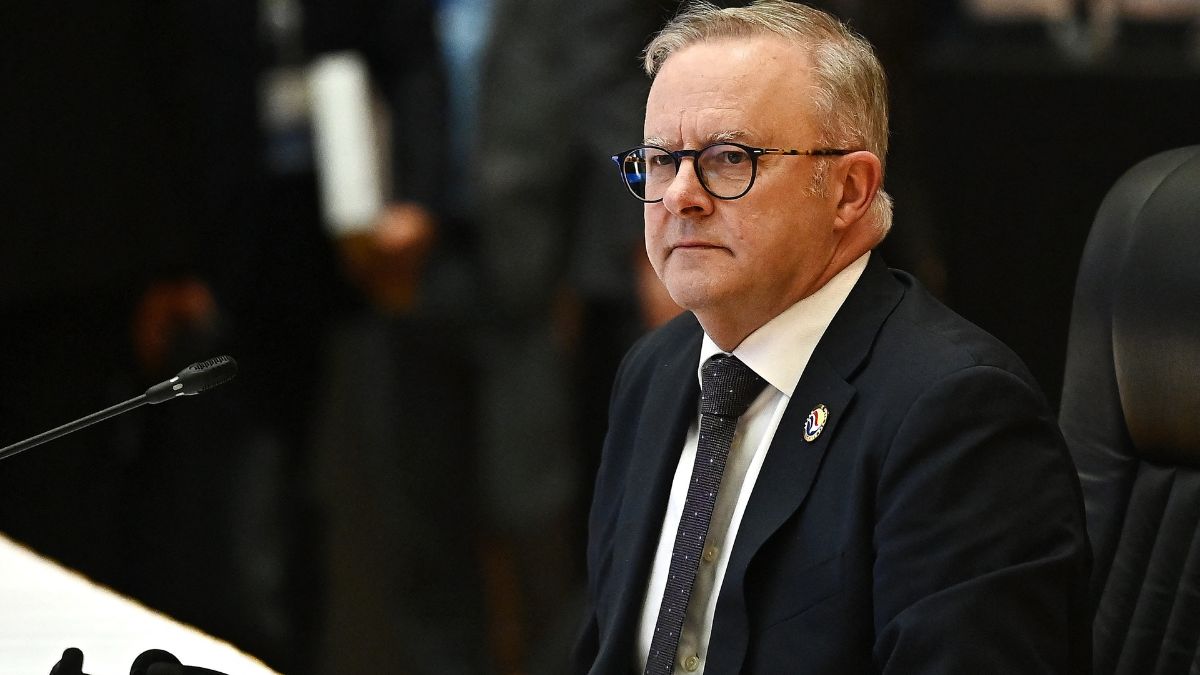‘Albo, Albo, Albo’ chants are ringing out loud and clear in Australia as the local media has declared Anthony Albanese and his party, the Labor Party, to be the winner in the Australian election where US President Donald Trump loomed large at the ballot.
Early results from the polls show a remarkable swing in favour of the Labor Party, led by Albanese, with Antony Green, Australian Broadcasting Corporation’s chief election analyst, saying: “This could be a big win for Labor.”
With this win, Albanese becomes the first prime minister in the country to win back-to-back elections since John Howard in 2004.
As the Labor and its supporters celebrate the huge win, we take a closer look at Albanese and his politics.
Born into humble circumstances
Albanese, pronounced as “Alban-easy”, has genuine humble roots. Born in March 1963, he is the only child of a single mother who became an invalid pensioner. They lived in public housing in Sydney.
Interestingly, he had believed his father had died before he was born. However, as a teen he learnt that his mother had in fact fallen pregnant to a married man, who was likely still alive. Three decades later, he tracked down Carlo Albanese and flew to Italy to meet his father for the first time.
But he notes it’s the early years with his mother that have shaped him into the man he is now. He was the first person in his family to finish high school and has a bachelor of economics from the University of Sydney.
His first brush with politics came while he was in university where he started with the Student Representative Council. From there, it was an office role with Labor minister Tom Uren, then Assistant General Secretary of NSW Labor.
Albo, as he is called by friends and foes, is known for not overly “sweating the small stuff” – a strong, practical trait in a leader. He’s also known to helm the turntable at parties and campaign events under the alias “DJ Albo”.
To lighten up his regular appearances on Australian breakfast television, Albanese often calls on his shaggy cavoodle ‘Toto’.
A lifelong politician
In 1996, on his 33rd birthday, Albanese was first elected to Parliament. Since then, he has been a member of parliament, making him one of Australia’s longest-serving MPs. In fact, he has represented the Sydney seat of Grayndler for almost 30 years.
In 2007, Albanese became a senior minister when Labor swept to power and remained an influential figure as the party endured a tumultuous period during which it switched leaders - deposing Prime Minister Kevin Rudd for Julia Gillard - and then switched back again.
He also served as Deputy PM in Kevin Rudd’s brief second stint as prime minister, then ran for opposition leader in 2013.
In 2019, he became the leader of a demoralised Labor Party after its unexpected election defeat. But Albanese wasn’t phased and continued his work, which eventually led him to win the country’s highest office in 2022, ending a decade of rule by the Liberal-National coalition.
He came to power promising to reinvigorate the post-Covid economy, remove Australia from the “naughty corner” of global relations, lower the cost of living, and — critically — hold a referendum on Indigenous rights.
Albanese’s policies and prime ministership
In his years in politics, Albanese has earned a reputation as a defender of Australia’s free healthcare system, an advocate for the LGBT community, a passionate rugby league fan, and supports Australia becoming a republic. He has noted in the past that he would like to create a better world for his own son, Nathan. He divorced his wife of 19 years in 2019 and plans to marry his fiancé Jodie Haydon later this year.
Since taking the helm of Australia’s affairs, Albanese has had to navigate a complex mix of domestic and international issues — including a cost of living crisis, a worldwide inflation surge, and the wars in Ukraine and Gaza.
He has focused on household concerns such as the cost of childcare and hospital funding. Moreover, has promised to embrace renewable energy, tackle a worsening housing crisis and pour money into a creaking healthcare system.
He’s also been vocally supportive of Palestine — in 2002, he gave a speech in parliament saying “self defence is not a blank cheque” for Israel. However, he’s been heavily criticised for not doing enough to stand up to Israel’s invasions of Gaza and Lebanon, and its restricting of aid to those areas where death tolls are in the tens of thousands.
One of the hallmarks of his first term has been the improvement of ties with China. Prior to his term, Canberra and Beijing had tenuous relations, but it was Albanese who stabilised ties, negotiating the end of a series of brutal tariffs and securing the first high level meetings in years.
Criticisms of Albanese
However, Albanese has also been at the receiving end of criticism for his handling of some issues. He received backlash for the poorly timed purchase of a multi-million-dollar cliff-top house at Copacabana Beach, 50 kilometres north of Sydney.
The 4.3-million Australian dollar price tag for the four-bedroom, clifftop home was highlighted in the news media as many Australians struggle with a shortage of affordable housing. “I understand I’m fortunate. I also know what it is like to struggle,” Albanese said of his new home.
However, the bigger controversy was The Voice referendum of October 2023 — which was to decide whether or not to enshrine an Indigenous Voice to Parliament in Australia’s constitution. After a divisive campaign, the proposal was decisively rejected. The result devastated many Indigenous Australians, and hurt Albanese politically, reported SBS News.
The ongoing housing crisis has also been one that Albanese has had to contend with. In recent years, record house prices, underinvestment in social housing, a general shortage of homes and drastically climbing rents, have left much of the nation’s growing population struggling to find a place to live. While Albanese’s government has introduced some schemes on the matter, analysts believe it isn’t enough.
It is left to be seen what happens next, but for now it seems that the people of Australia are grooving with Albanese.
With inputs from agencies


)
)
)
)
)
)
)
)
)